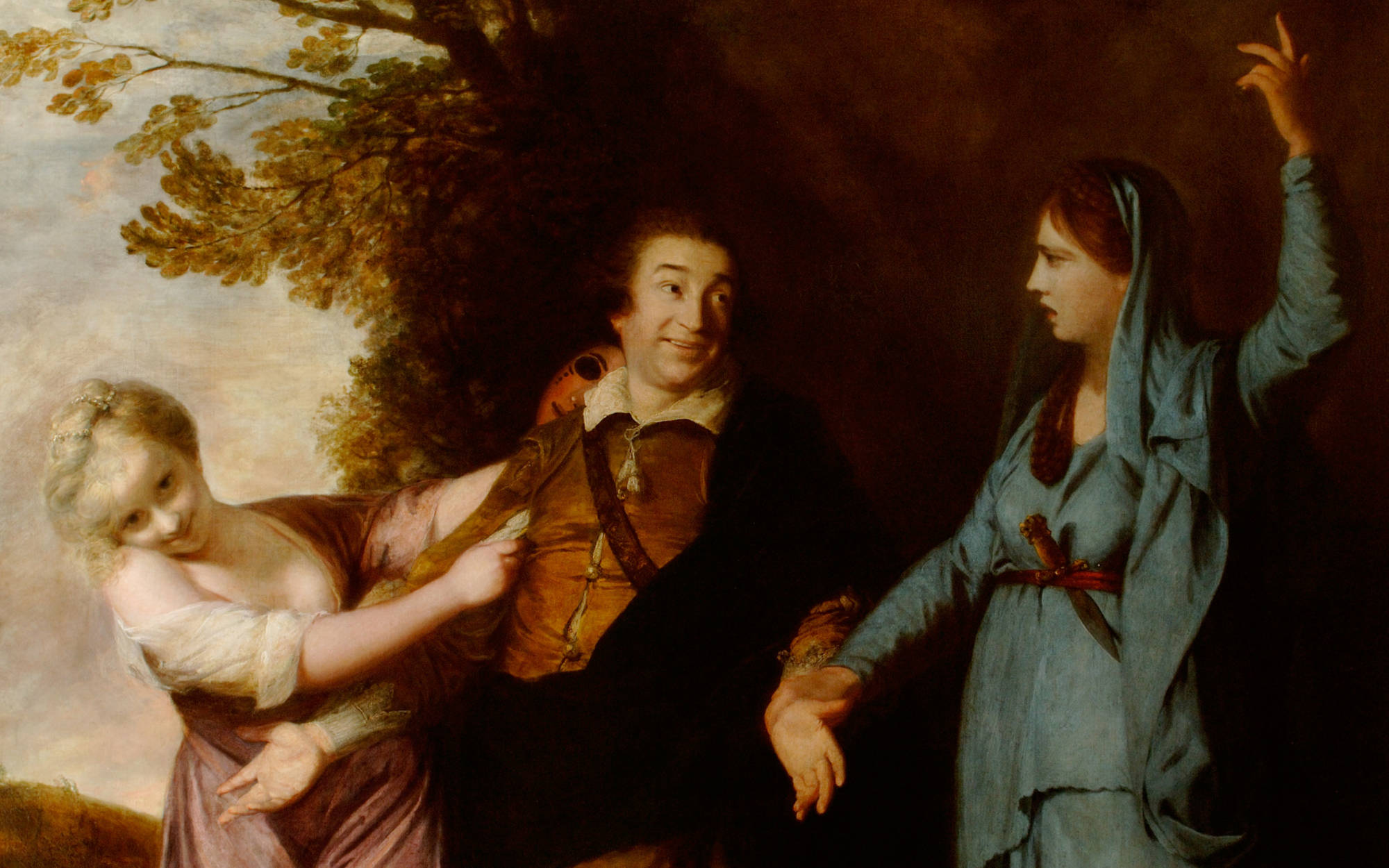
When he was among us, Siddarta was not called Buddha. The name came long after his enlightenment, but we can find in the writings of his disciples, the Tripitaka, the mention of the three main virtues he developed, morality, deep concentration and wisdom And these are the virtues Buddhists seek.
Sila
It is said Buddha didn’t have virtues, he lived them; therefore, he was them. That should be our goal too. There is no purpose in learning about a virtue if you are not going to live by them.
‘Sila’, which refers to morality, or in the case of Buddha, highest morality was inherent in him. If we think that from the very beginning he wanted to end human suffering, and that he thought it was not right to continue living a luxurious life while outside the walls of the palace people were suffering.
This virtue is one of the most important to maintain our social structure, for without it, we would live in chaos. It is the virtue that explains how we should behave. Our honesty and loyalty, not only to others, but to our own selves too.

There is a nice story to illustrate this point. There was a master in a monastery with many monks. They lived off the village´s charity. However, the monastery was in a very bad condition, falling apart, actually. The monks came to their master and asked him about the situation.
The Master thought for some time, and since they had no money, he told the monks the only solution would be to steal. The monks were all shocked and said, ‘But Master, isn’t that wrong? The master responded, ‘Yes, it’s wrong, which is why there is one condition. You can only steal if nobody is watching; otherwise, our honor will be damned.
The monks were a bit confused, but since it was the master saying that, they went to the village to do as he told them. While they were out, the Master went back inside for his meditations and that’s when he found one of the monks cleaning the floor, silently.
He could not resist but ask his disciple why he hadn’t gone with his mates. The young man answered that he could not fulfill the condition given by the master. The master then asked, ‘Why? Can´t you hide from the villagers´ eyes?’, to which the young monk said ‘I might be able to, but I can’t hide from myself.
When we talk about the highest morality, we are not talking about our behavior when someone is watching. We are referring to what we do in private, when no one is watching. We are talking about acting in private as you would in public.
Buddha reached that level of morality. It is not easy, but it releases us from suffering as well as helping us build good karma. But we must keep in mind that it is not only about what is morality, but why it is necessary. We should act morally not because someone will think bad of us. We must act morally because we would not be able to face ourselves otherwise.
Samadhi
Samadhi, or deep concentration, is the second main Buddhist virtue. It may sound strange to us. Concentration has more to do with an exercise than behavior, right? But for Buddhists concentration means more than just focus.
Being able to concentrate is being able to free your mind from attachments, from the feelings that keep us connected to the earthly world. It is not easy. Whoever tried meditating knows that it is much more difficult than one can imagine.
I have caught myself many times during meditation, going through the groceries list, pending emails, or someone´s strange behavior towards me. All of these thoughts that interrupted my meditation were connected to my material life. Ok, I need to do all those things in order to keep my job and house running, but can´t I let it go for some time and disconnect?
Buddha lived a life where he wouldn’t worry about what he was going to have for dinner. He didn’t care about what he was going to wear. That was the depth of his concentration. I have a long way to go to get to that point but giving up now will not get over the line. I really believe, practice leads to perfection. That’s what we must focus on to develop our concentration as a virtue.
Panna

We cannot argue with the fact that Buddha was a wise man. His penetrating wisdom, Panna, was the most impressive in my opinion. And it is difficult to determine if he reached wisdom because of the other two virtues or if he reached these because he had achieved wisdom.
At this point, I don´t think it really matters. A little wisdom will convince you to break free from attachments and also to live in a way where you will always have good karma.
Buddha always knew what to say and the teachings people needed to know. I don’t believe wisdom is only knowing things – this is knowledge, something, anyone with access to the internet could have. Wisdom is living that knowledge naturally.
Once, there was a philosopher that had a couple of disciples. As he was teaching them, he would explain he was not a sage. His students wanted to know what a sage was then. So he told them, “There is Sage that lives in the hills beyond the Village. Meet me there on Saturday and we can go visit him”.
The disciples were very, very excited about it, and left their homes early on Saturday. But it was the farmer´s market day in the village, so the road was full of people taking their goods (vegetables, animals, fruit) to sell. As they were walking they noticed a boy with a rod rounding up his animals and among them was a pig, with a very bad leg striving to keep the pace and being heavily beaten by the boy.
The students were disturbed with the scene. That’s when a really old man on the road came up to the boy and asked. “Can I carry the pig?” The boy laughed and said, “If you want to”. And the old man took the pig and set it on his shoulders and carried it all the way.
Since the hill was a bit after the village, the disciples didn’t see how that story ended. They met their master and after a nice meal they went up to meet the sage. They were really surprised to see the sage was the old man who carried the pig that morning.
They were curious about why he had carried the pig, but didn´t ask him. They asked their master and he answered that the sage did it because it was the right thing to do. And they talked, shared bread, and when the evening came, they decided to leave. But the disciples couldn’t resist and asked the sage.
“We saw you this morning on the road to the village and we are curious to know why you decided to carry the pig”. The sage looked very confused. He remained silent, lost in his thoughts, and then he answered. “I am sorry, but I can’t remember any pig”. The disciples were shocked but there wasn’t much they could do. Maybe the sage was getting a little forgetful.
Anyway, they all left. Half way down the hill, the master burst out laughing. The students were really surprised and asked him why he was laughing. He answered. “I know why he can’t remember the pig”.
“I am a philosopher, I told you boys why I would carry the pig. It was the right thing to do. That´s coming from my mind. The sage didn’t remember because it was not an unusual fact for him. Doing good is something so natural to him, it comes from the heart”.
These virtues bring us a lot of wonders, but they also can leave us feeling inadequate when we don’t live by them . They all seem so great, much greater than us, something we cannot achieve. But that is not true. If you are humble enough to realize how far you are from fully internalizing them, then you are halfway there.
Remember that although the path is long, it starts with just one step.










